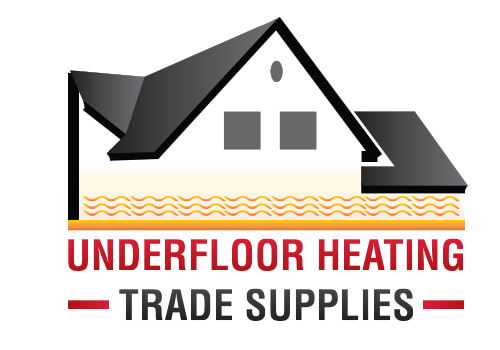
Are you considering underfloor heating? If so, you are joining the ranks of homeowners all over the country who are not only basking in a pleasant heat, but lower heating bills too.
Just like central heating was the epitome of luxury as it started to be fitted in to homes in the 1930s, underfloor heating is a luxurious form of heat in the home. No wonder you want to be part of this.
However, like all heating systems, there are some considerations that you will need to think about before you plunge ahead and either fit it yourself, or have a professional company do so.
Here we outline the five things to consider before purchasing underfloor heating…
I. Suitability
We’ve all been there. A product is advertised as fantastic and brilliant, perfect in every way – except there are a long list of exemptions and exceptions.
The good news is, is that with underfloor heating there are no such issues. There is no ‘perfect for every home except…’. It works in any home (or business premises) and you can also use any floor covering on it.
‘Even carpet?’ we hear you ask. Yes, if the carpet is not too thick it stops the heat from penetrating through it, underfloor heating works great with carpet.
There are some things you need to bear in mind – insulation in your property as a whole needs to be in tip-top condition, from the loft right down to the sub-floor insulation installed when you have underfloor heating fitted.
Underfloor heating is efficient because it works at a lower temperature thus, keeping as much of this heat in your home as possible is key to it being a cost-effective, worthwhile addition.
II. Cost
Underfloor heating is almost guaranteed to save you money over the longer term. Having said that, if you use wet underfloor heating as your primary source of heat, use it efficiently and have amazing insulation, you will see a reduction in your heating bills immediately. But don’t book an expensive holiday to the Bahamas just yet as these savings can be relatively modest but, over time, the savings can be dramatic, especially when the cost of the products and installation have been paid back in savings.
Frankly, as a long-term investment, underfloor heating is fabulous. As you home is cheaper to heat and more energy efficient, the Energy Performance Certificate (EPC) rating will be better and this could add value to your home.
III. Primary or secondary course of heat
Underfloor heating can also be the primary source of heat in your home or it can be used combined with your central heating/radiator system. Underfloor heating, especially the wet type (more in point 4) could be 25% more efficient than radiators. You will also have more space in a room if you decide to take the radiators out when the underfloor heating is installed.
IV. Water or electric?
In the number four spot of our five things to consider before purchasing underfloor heating is to decide which is the right system for you. There are two choices of underfloor heating systems;
- Electric or dry underfloor heating systems – this is when electric mats are laid beneath your top layer of floor and run on electricity. Although they are far less hassle to fit and can be cheaper, the running costs can be very high unless you generate your own electricity through a reliable alternative source, such as solar panels.
- Wet underfloor heating kits – common in newly built properties, many people think that retrospective fit of a wet system increases the floor level by 30mm or more. The good news is, there are low profile systems coming to the market which stops this being a concern. Takes a little more effort to fit but is compatible with modern, condenser boilers and much cheaper to run in the long run.
V. Installation
Frankly, if you have a decent smattering of DIY skills you can install wet or dry underfloor heating yourself. Be aware that by law, certain sections of the fit will need to be completed by a qualified and certified electrician and/or Gas Safe plumber (don’t start messing with your boiler – it’s a complicated beast!)
Plus, there is a whole array of information online and on YouTube about the pros and cons of underfloor heating, what to look out for when installing and so on.
Or you could drop us a line on info@underfloorheatingtradesupplies.co.uk
